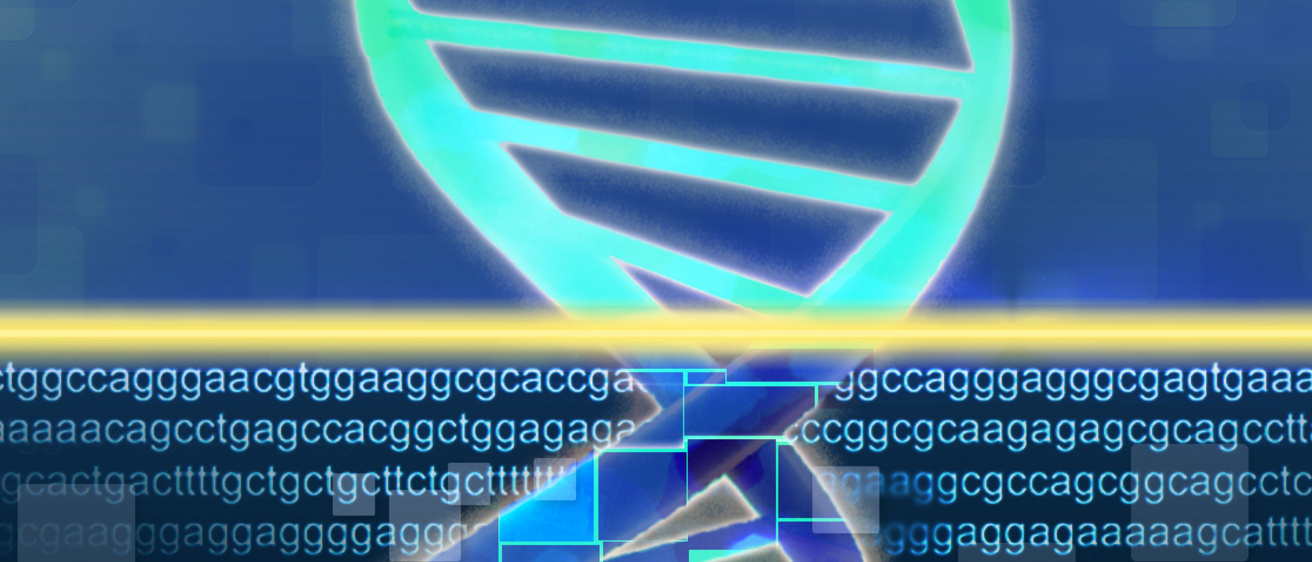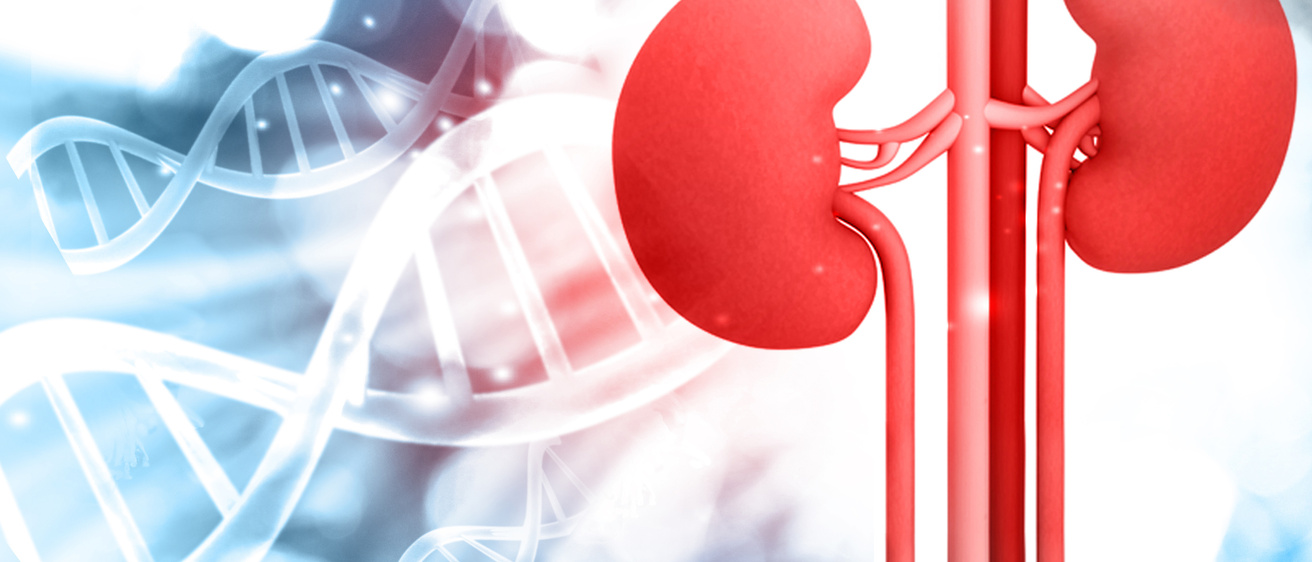
Donate to the IIHG
We are the people behind the scenes of the research projects that help keep the University of Iowa on the cutting edge of science. From cancer to cystic fibrosis to muscular dystrophy, we perform the lab tests and we do the analyses to help researchers achieve their ultimate goal of improving healthcare for you and your family.
We also prepare today's undergraduates to be tomorrow's graduate students and your future researchers and healthcare providers. Over 50% of our summer interns successfully attend graduate school and pursue careers in STEM fields including Genetic Counseling, Medicine, Nursing, Computational Biology and Molecular Genetics.

Genetics Cluster Initiative
Genetics transcends departments, colleges and disciplines and generates both needs and services in the basic sciences, health care, bioethics, law, bioinformatics and communications.
The Genetics Cluster Initiative at the University of Iowa includes professors from each of the aforementioned specialties, providing for a true round table discussion and collaborative approach to the unique nuances of personalized genomic medicine.

Ask an Expert
Ask a member of the Iowa Institute of Human Genetics your genetics-related question. Complete this online form and we will be happy to assist you






